“As crazy as it seems in ‘smalltown’ Edmonton, breakdancing was huge”
If asked to recount cultural highlights of Edmonton in the 1980s, you’d be forgiven for resorting to sports history. Those were the glory years for the Oilers and Elks, winners of four championships each over the decade. It was the most obvious thing for the city to brag about.
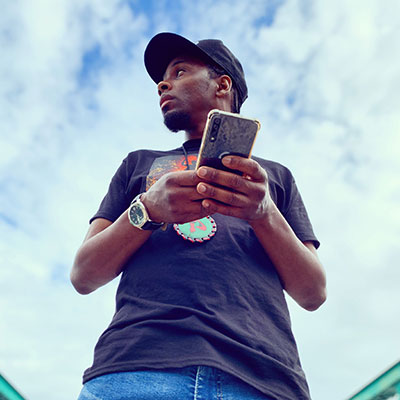 But it turns out that Edmonton had more to brag about – which is the focus of a feature-length documentary directed by hip hop artist and filmmaker Arlo Maverick (Marketing ’02).
But it turns out that Edmonton had more to brag about – which is the focus of a feature-length documentary directed by hip hop artist and filmmaker Arlo Maverick (Marketing ’02).
Untouchable Crew tells the story of the genesis of the city’s breakdancing scene and the role it played in founding one of Canada’s earliest and most vibrant hip hop communities.
Maverick (a.k.a. Marlon Wilson) wouldn’t fault anyone for the oversight. At the time, dancing was competitive as playoffs. But it was also somewhat secretive.
When battles were organized and staged at Edmonton roller rinks and shopping malls, participants insisted they not be filmed, fearing their moves would be copied. There was little record of their achievement.
“This is all new territory for so many people,” says Maverick. When he shared promos for the film, funded by Telus Storyhive, responses tended to be, There was breakdancing here back then? “They're really surprised by it.”
On Aug. 19, Maverick will capitalize on that sense of wonder at the premiere of Untouchable Crew at the Imax theatre at the Telus World of Science, and, in months to come, at film festivals. Here, Maverick tells us about bringing an overshadowed aspect of Edmonton’s history to light and what he hopes that past could mean to the future of the city’s hip hop community.
The ‘Avengers’ of hip hop
“It's not until the early ’90s that you really start seeing MCs becoming more of a culture [in Edmonton], with acts like the Maximum Definitive, Quick Trouble and MC A-Okay. The early days of Edmonton hip hop was predominantly breakdancing.
“I wanted to dive into that history and flesh out a larger story that would connect a lot of different characters. I look at the Untouchable Crew as the Avengers of Edmonton hip hop at that time. There's a history that comes before them, but I think that if there's a starting point, it would be them because it was the who's who of hip hop at that time.”
Just a step or two behind
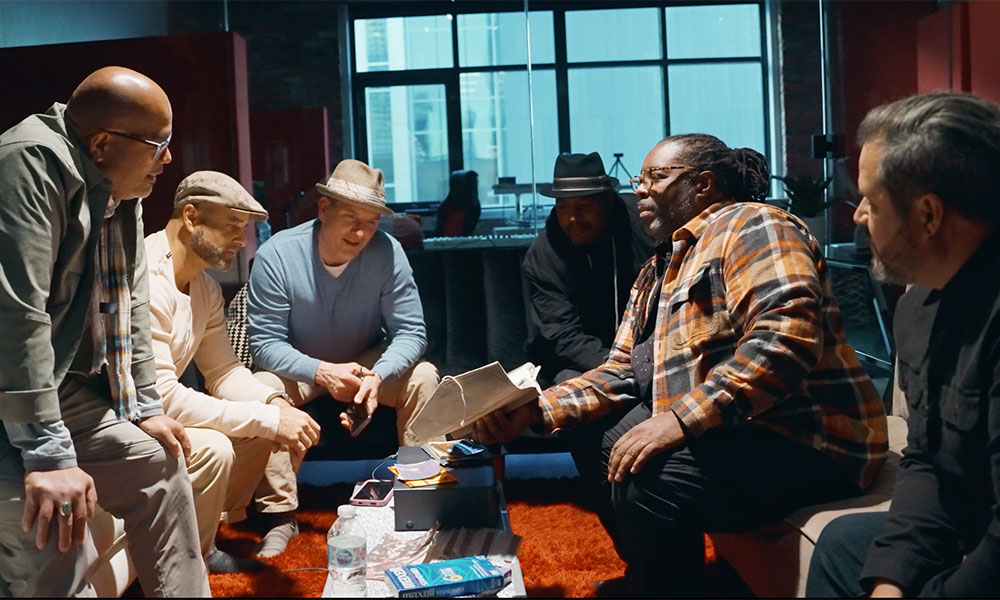
“Edmonton has always been just one or two steps behind what is happening in New York or L.A. or Toronto as it relates to Black culture.
“In the ’70s there was this thing called lockers. It was a style of dancing that was big in the U.S. – you would see it on Soul Train and other Black TV shows. And because there was so much migration to Edmonton – Black people coming from New York, L.A., Toronto, the Caribbean, U.K., for work – a lot of people were bringing this here.
“As crazy as it seems in ‘smalltown’ Edmonton, breakdancing was huge.”
Culture and competition
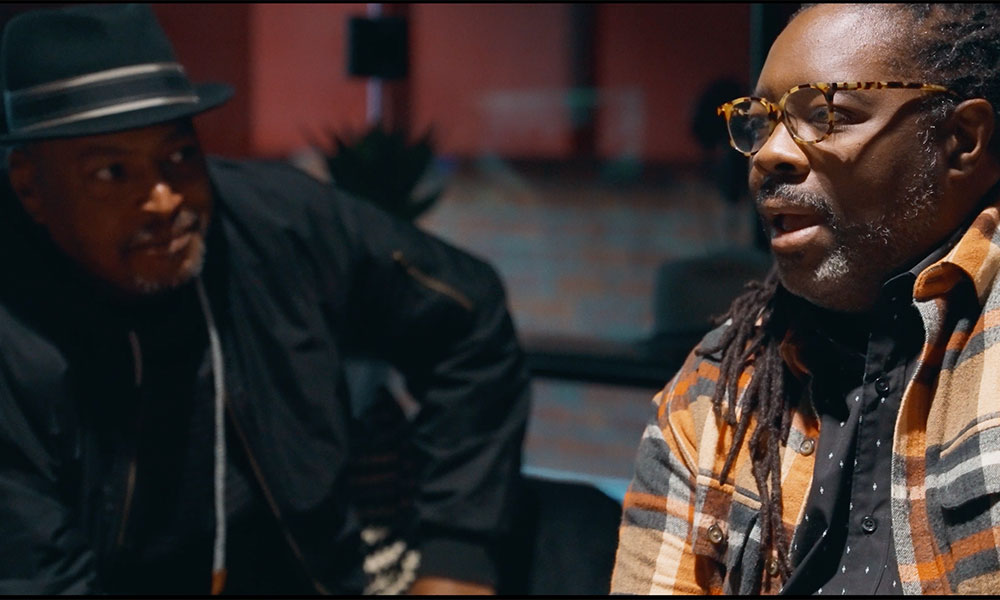
“The breakdance scene at that point in time was extremely competitive. People had their own crews and nobody wanted to show anybody their moves because everybody wanted to win competitions.
“Battles would be held at [a local roller rink called] Sportsworld or even 105th and Jasper Avenue was a corner that they would often go to and breakdance. Crowds would gather around. It was about the props you can get from other B-boys and so forth.
“Competitions that would eventually arise would lead to this situation where all of a sudden now it's just like, Okay, this event happens. And now you have these B boys who saw themselves as rivals.”
Finding the story
“The challenge [of telling] this story was that there are multiple stories that can be told about [Untouchable Crew]. But the brotherhood that they formed was the main thing I wanted to focus on.
“With this being the first time that Edmonton hip hop history has [been documented] that far back, I wanted to make sure it was an introduction that didn't create any animosity and was a positive reflection of where hip hop was at the time – and then hopefully inspire other people to [want to] find out more.”
Hopes for the future of hip hop
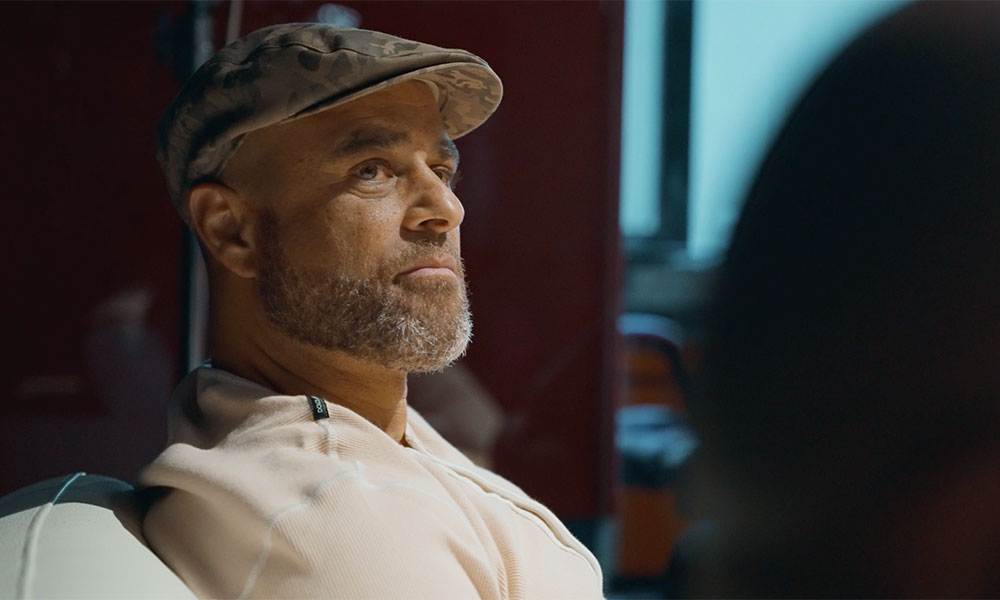
“One of the hopes that I have [for the impact of the documentary] is that more funding could be allocated towards telling the story of Edmonton hip hop and more funding to be allocated to developing Edmonton hip hop.
“It doesn't even have to be limited to funding – just more of an appreciation and a celebration of hip hop where now we can see it as being just as respected as other genres in the city and the history is considered to be important.
“It's one of those things where if you don't know your past, you're doomed to repeat mistakes. If hip hop artists coming up now know that [history], it gives them an identity in the sense that we're not trying to do something from scratch. We have OGs that we can reach out to and ask, ‘How did you navigate the terrain? What are some things that we should know?’”
Giving flowers
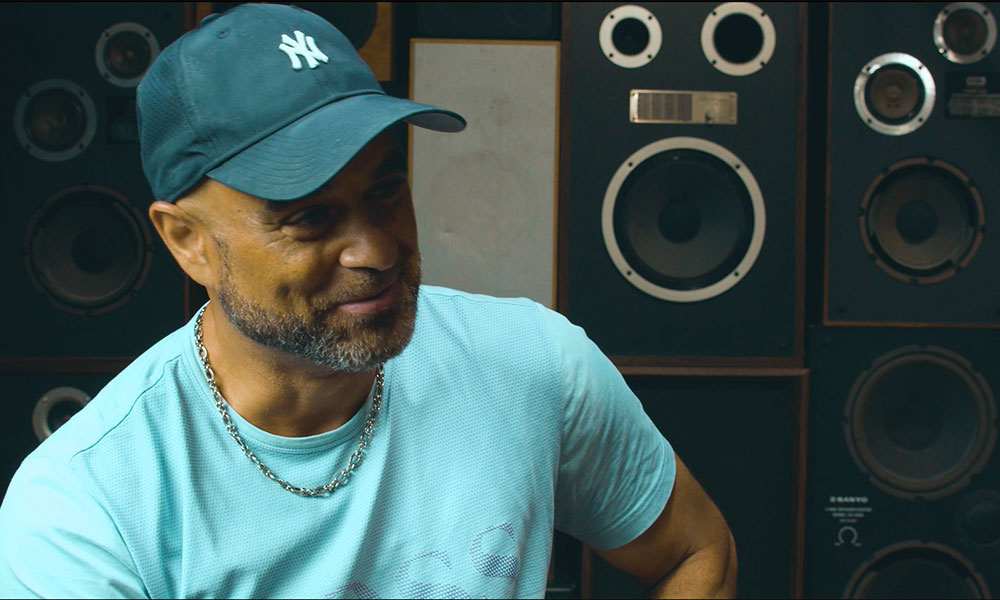
“When creating this documentary, the biggest thing [for me] was giving flowers. In hip hop culture we often say, ‘Give people their flowers while they still can smell them.’ I myself have benefited from a foundation that was laid down years before I picked up a microphone. One of the biggest things was to allow these guys to be celebrated while they're still here.
“It wasn't until [the members of Untouchable Crew] were given the opportunity to reminisce and see how integral they were to the scene that they realized that they created something. They didn’t realize what they've done in the sense of allowing us to have the scene that we have.
“They were building a legacy for us.”
Marketing and hip hop
“If I ever received a Juno or a Grammy, I would have to thank NAIT. There was so much that I learned that I've been able to apply, and also teach to other people.
“The marketing campaign for the first album [by my previous band] Politic Live was basically something like what I would have submitted for marks. The first grant that I applied for, if you compared to what we were doing [in school for] promotional campaign planning, it’s the same thing.
“What I find interesting is that I know other students who went to NAIT, who took the same course that I did, who are in music, and they didn't apply it in the same way I did. If applied right, a lot of things can happen.”